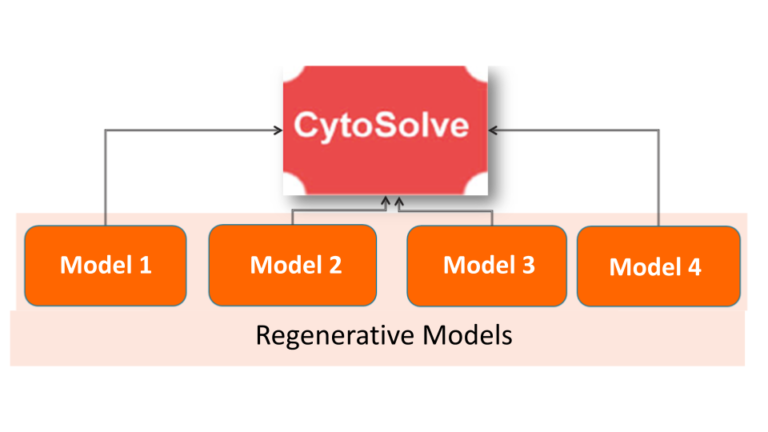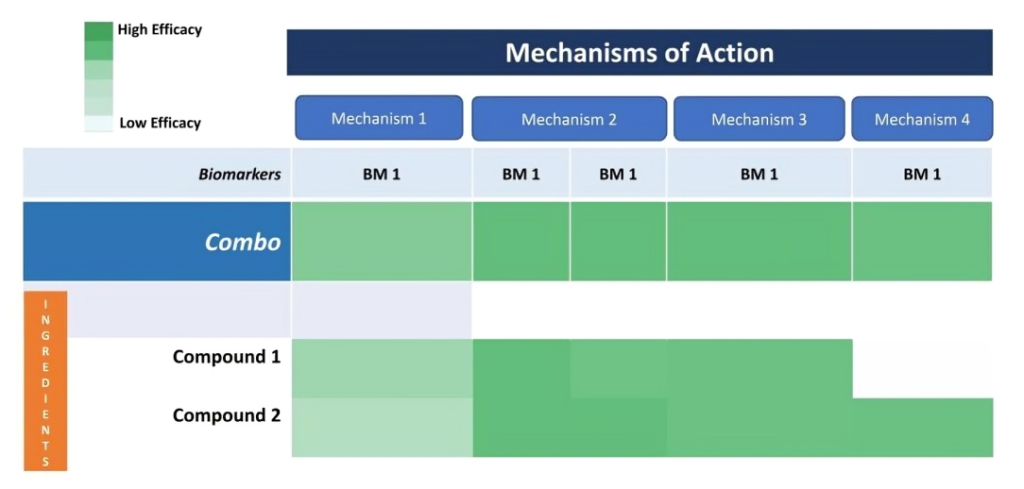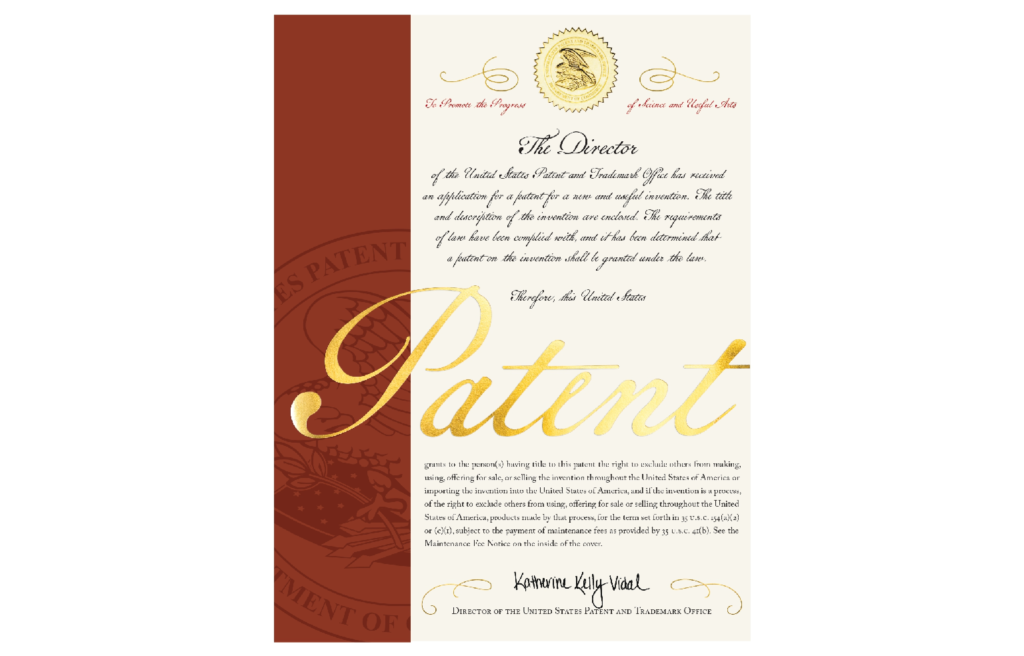
The Open Science Institute’s Stem Cell Initiative has now progressed to the third stage of In Silico Modeling. Our goal is to raise $2 Million to develop mathematical models representing the efficacy of stromal cells on the regenerative health. Please support this initiative.
Stromal cells or Stem cells are a diverse group of connective tissue cells found in various organs and tissues throughout the body. Unlike parenchymal cells, which carry out the primary functions of an organ, stromal cells provide structural support and create a microenvironment essential for tissue maintenance, repair, and immune regulation. They include fibroblasts, pericytes, adipocytes, endothelial cells, and mesenchymal stromal/stem cells (MSCs). One of the key roles of stromal cells is in the bone marrow, where they support hematopoietic stem cells (HSCs) by secreting cytokines and growth factors that regulate blood cell production. Stromal cells also play a significant role in the extracellular matrix (ECM) by producing collagen, fibronectin, and other proteins that influence cell behavior and tissue architecture. In recent years, stromal cells—especially MSCs—have garnered attention in regenerative medicine due to their ability to differentiate into bone, cartilage, and fat cells, and for their immunomodulatory properties. MSCs can reduce inflammation and promote healing in damaged tissues, making them a potential therapy for conditions like osteoarthritis, Crohn’s disease, and graft-versus-host disease. Additionally, stromal cells contribute to the tumor microenvironment. Cancer-associated fibroblasts (CAFs), a type of stromal cell, can either suppress or promote tumor growth depending on context, highlighting the complexity of stromal cell interactions. Overall, stromal cells are essential for maintaining tissue health and function, and ongoing research continues to explore their therapeutic potential in a wide range of diseases and injuries.
The Systems Architecture of Stem Cells is published as a web based tool open to public. Click below to interact with the Systems Architecture.
A peer-reviewed publication resulting from the work of the Stem Cells Initiative was published in August, 2025 in Stem Cells journal. Download the publication below
In this phase, the Stem Cells Initiative is conducting in silicomodeling to identify and test the efficacy of mesenchymal stromal cells on tissue regeneration, immune modulation and anti-fibrosis activity.

In this phase, combination screening will be performed to identify the efficacy of the mesenchymal stromal cells that target the biological processes that contribute to tissue regeneration, immune modulation and anti-fibrosis activity. This phase is yet to begin.

The Open Science Institute® through its stem cell research initiative is moving towards getting patents for the use of mesenchymal stromal cells for their applications in tissue regeneration, immune modulation and anti-fibrosis activity

The Stem Cell Research Initiative plans to discover, develop, and license use of MSCs in treatment of diseases. Please support this Phase by donating to the Stem Cell Research Initiative.

